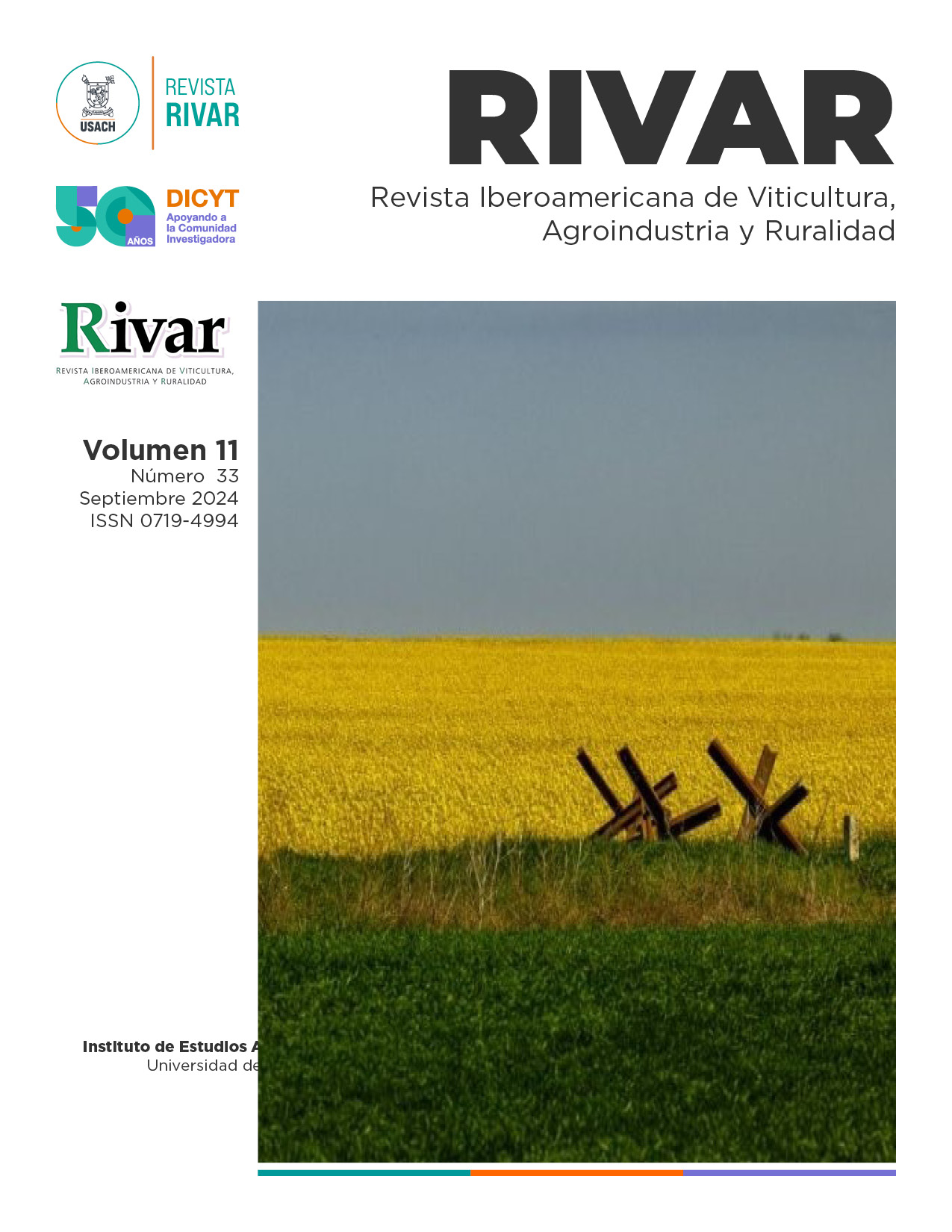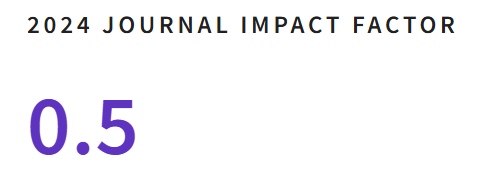Tendencies of Ethnocentrism and Mythmaking in the Historiography of Kazakhstan: A Review
DOI:
https://doi.org/10.35588/rivar.v11i33.6439Keywords:
adaptability, conflict, historical myth, identity, nostalgia-utopiaAbstract
The research relevance is determined by the key roles of historiography in the formation of national identity and relations; therefore, it is important to investigate the nature of its ethnocentrism and the degree of mythmaking to further its development. The purpose of the study is to determine the extent to which contemporary Kazakh historiography is ethnocentric and mythologised. The following methods of theoretical knowledge were used: analysis, synthesis, comparison, abstraction, and generalisation. The study revealed that the concept of ethnocentrism was investigated by scientists back in the early 20th century and has both negative and positive features, so it is assumed that conflict ethnocentrism is negative and adaptive positive. Mythologisation of history leads to the distortion of historical consciousness due to the negative influence of historical myths, so an objective approach is key in the study of the past. Kazakhstan underwent a complex development under the influence of modernisation and urbanisation, which led to the spread of nostalgia-utopia and myths, as well as the influence of colonial experience on the formation of historiography.
Downloads
References
Abil, E. (2021). History of Kazakhstan and Problems of Myth-making. Omsk Scientific Bulletin, 4(1), 49-60.
Abselemov, A. (2020). Kazakhstan Segment of Soviet Historiography of Agrarian Colonization of Steppe Region in Second Half of XIX-early XX Centuries: Factors of Genesis and evolution. Omsk Scientific Bulletin. Series Society History Modernity, 4(3), 60-66.
Amanova, G., Saparbayeva, S., Akimova, B., Dairabayeva, A., Kazhmukhametova, A., Saduakassova, K., and Tuleshova, G. (2016). Methodological Aspects of Depreciation Accounting and Analysis of the Use of the Depreciation Policy. Journal of Advanced Research in Law and Economics, 7(3), 483-493. https://doi.org/10.14505/jarle.v7.3(17).03
Bakhti, A. (2002). Sumerians, Scythians, Kazakhs. Kochevniki.
Burkitbay, A.G. and Satanov, A. (2020). Historical Science of Kazakhstan: Before and After the Collapse of the USSR. International Journal of Innovation, Creativity and Change, 14(11), 505-522.
Daniyarov, K. (1998). Alternative History of Kazakhstan. Zhibek Zholy.
Espolov, T., Espolov, A., Kalykova, B., Umbetaliyev, N., Uspanova, M., and Suleimenov, Z. (2020). Asia Agricultural Market: Methodology for Complete Use of Economic Resources through Supply Chain Optimization. International Journal of Supply Chain Management, 9(3), 408-413.
Etinson, A. (2018). Some Myths about Ethnocentrism. Australasian Journal of Philosophy, 96(2), 209-224. https://doi.org/10.1080/00048402.2017.1343363
Mykhailovych, H.I. (2022). The Role of Propaganda in the Formation of Personal Semantic Constructs. Insight, 8, 24-38. https://doi.org/10.32999/2663-970X/2022-8-3
Novozhenov, V.A. (2023). Central Asian Rock Art on the Silk Road. In S. Kostopoulou, G. Herrera-Franco, J. Wood y K. Al-Kodmay (Eds.), Cities’ Vocabularies and the Sustainable Development of the Silkroads (pp. 129-137). https://doi.org/10.1007/978-3-031-31027-0_11
Nurtazina, R. and Toktushakov, A. (2017). Internal Migration in Central Asia: Social Risks (Case Studies of Kazakhstan, Tajikistan, and Kyrgyzstan). Central Asia and the Caucasus, 18(4), 46-56.
Suleimenov, O. (2002). Türks in Prehistory: On the Origin of Ancient Turkic Languages and Scripts. Zhibek.
Sumner, W.G. (1906). Folkways: A Study of the Sociological Importance of Usages, Manners, Customs, Mores, and Morals. Ginn & Co.
Tastulekov, S.B., Shalbolova, U.Zh., and Satova, R.K. (2019). Public-private partnership formation in Kazakhstan. Academy of Strategic Management Journal, 18(5), 1-8.
Tomohiko, U. (2008). Historiography of Local and Regional Studies in Western Kazakhstan: An Alternative to National History? Central Eurasian Studies Review, 7(2), 28-41.
Truschke, A. (2020). Hindutva’s Dangerous Rewriting of History. South Asia Multidisciplinary Academic Journal, 24-25, 1-16. https://doi.org/10.4000/samaj.6636
Turenko, O.S., Derevyanko, B.V., Ivanov, I.V., Hrudnytskyi, V.M., and Rudenko, L.D. (2021). The State – In Interpretation of Jose Ortega Y. Gasset. Analele Universitatii din Craiova ‒ Seria Istorie, 25(2), 77-88.
Yildiz, M., Aydin, M.A., Gökçay, G., Kizilarslan, V. and Yaman, U. (2023). The Effect of Intercultural Sensitivity and Ethnocentrism on Health Tourism Awareness Level in Nurses: Analysis with Machine Learning Approach. Archives of Psychiatric Nursing, 46, 40-50. https://doi.org/10.1016/j.apnu.2023.07.002
Yilmaz, H. (2015). National identities in Soviet historiography: The Rise of Nations under Stalin. Routledge.
Zhanbulatova, R., Zhiyenbayev, M., Dyusembekova, M., and Nurtazina, R. (2020). The energy vector of Kazakhstan-Russia relations in the context of global changes on the international energy market. Central Asia and the Caucasus, 21(2), 121-130.









